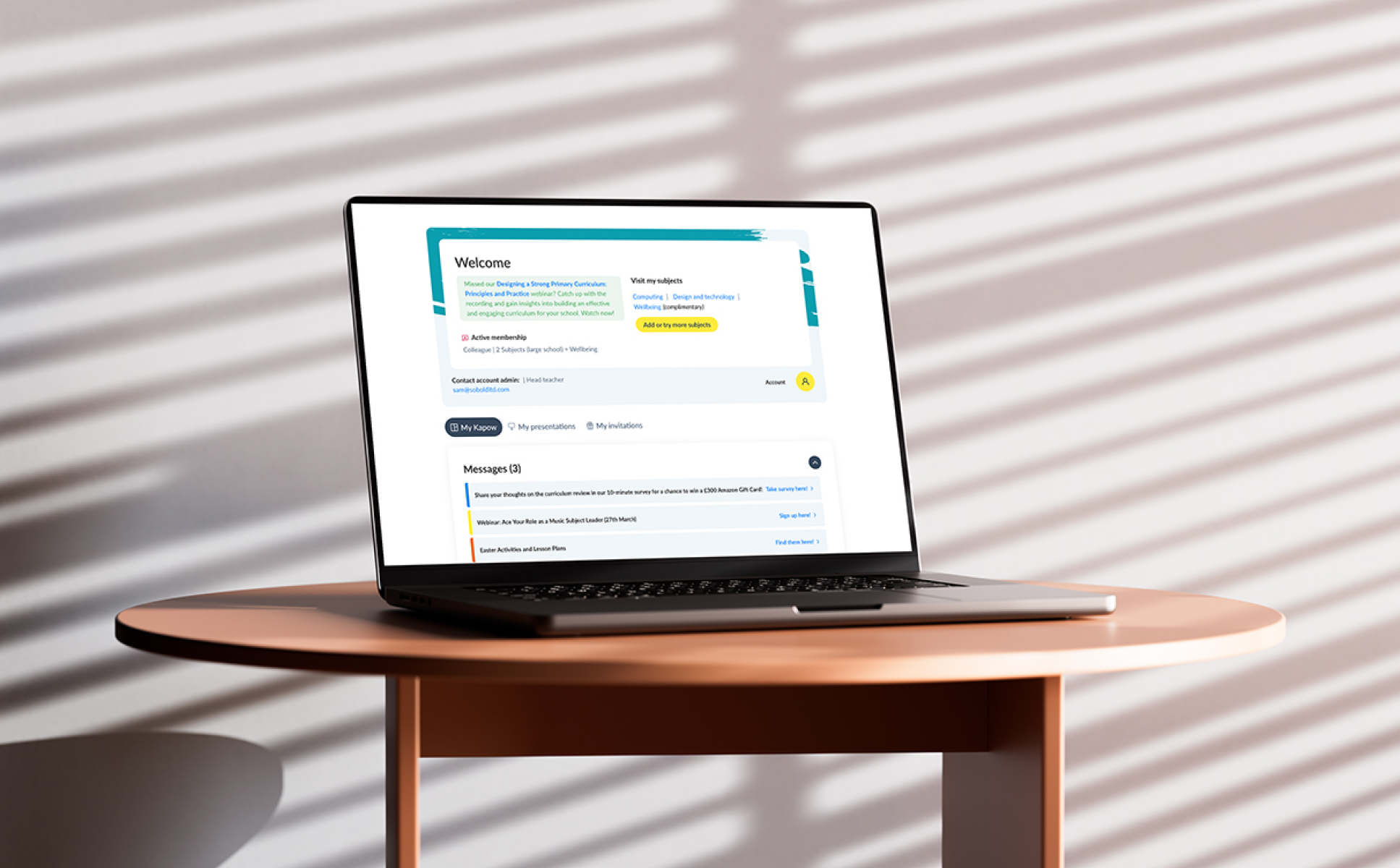The type of hosting environment you select will have a strong influence on the success of your website. It’s important for you to find a secure, scalable web hosting service that you have 100% trust in to deliver high-performance at all times.
To simplify the options available to you, this article will break down the various types of web hosting services, and explore the non-negotiables we believe you should be considering in your criteria when making your decision.
The Fundamentals of Enterprise-Grade Hosting
Some of the most important things to look for with your hosting environment include:
Security – Cyber security is obviously an essential priority, and this should be top of your list of criteria in the current climate.
Performance – Your hosting environment should be set up in a way that makes your site capable of handling large surges of traffic.
Scalability – As your business grows, it’s likely that your site’s audience will grow. You need a hosting provider with the capacity to scale your services seamlessly to meet your needs, both now and in future.
Resilience – It’s important to ensure your hosting infrastructure is robust, and that it can guarantee you certain performance levels and up-time.
Support – If anything does go wrong, you need to be assured that you have a quick, efficient support service in place to get your site back up and running as soon as possible.
Sustainability – With sustainability a growing priority on the corporate agenda, the carbon footprint of your data centre may be another important factor in your decision.
Option 1 – Shared Hosting Services
Shared hosting services can provide you with a basic secure server for your website. However, as the name suggests, these servers will be shared with a large number of other businesses. You won’t have any dedicated server of your own with shared hosting.
This approach does have some advantages, particularly in the area of cost. These shared hosting environments can cost as little as £1,000 per year. However, the down-sides to this often outweigh that cost benefit.
In many cases, the low cost of shared hosting services can often be reflected in the performance levels. This is because, with such a high volume of websites hosted on the servers, your performance has no protection if other sites are experiencing high volumes of traffic.
It’s also likely that you’ll only have access to limited support services when any issues arise. Many of the shared hosting options will have a ticketing system for support, where you’ll be at the mercy of the number of requests ahead of you in the queue. This could result in your website being ‘down’ during times where it’s business-critical.
Option 2 – Private Servers with Shared Hosting Providers
Most shared hosting providers will offer the option of having your own private server for an extra cost. This is often referred to as a VPS, which stands for virtual private server.
Rather than sharing a server with thousands of other businesses, you’ll only be sharing with a few others. While this is significantly better than the regular shared hosting options, you can still end up facing similar problems with performance and scalability.
This is another cost-effective approach, though, with some improvements over standard shared hosting. If you rely on an agency to set this up for you, they’ll likely put their smaller clients on a shared VPS and give their larger clients their own dedicated servers to minimise any potential problems.
Option 3 – Enterprise-Grade Private Web Hosting
Often the most reliable and trusted approach to take is to have your own dedicated server, which comes with a wide range of additional benefits.
With this option, your website is placed on its own private server in the cloud, managed by a dedicated team of specialists who offer personalised, hands-on support and ongoing optimisation.
Security
Enterprise-grade security should be a core part of the hosting service you choose, regardless of whether it’s private or shared. However, you’ll be guaranteed far greater security, with drastically reduced risk, when you work with a private hosting service.
For instance, a hosting provider should offer robust protection for your site, including:
- Configured firewall options, IP access lists, and anti-phishing attack technologies
- Full responsibility for rapidly patching OSes and libraries
- Long-term-supported Linux distributions for maximum security.
Of course, compliance and certifications are another crucial aspect of cyber security these days. While some shared hosting providers may have the basic levels of compliance in place, most private hosting services will boast:
- Compliance with ISO 27001/PCI-DSS/TIA-942
- A 100% pass-rate for any data centre audits
- 24/7 data centre staffing with experienced engineers and specialist security teams
- Document review services for your external audits
- Bespoke consultancy available if you have any major certification requirements.
Performance
When taking this approach, you’ll receive your own bespoke service and will be provided with a hosting environment tailored to your specific requirements.
This will optimise everything included in your hosting package, from your preferred caching, loading speeds, performance requirements, up-time, and more.
You’ll also be able to set up a content delivery network (CDN) to make your website faster and more readily available to all visitors around the world.
Scalability
Private hosting gives you the capacity and flexibility to scale seamlessly anytime your website’s traffic increases, or if you have peak times for traffic.
This is an intelligent way to future-proof your investment, with the confidence that your website’s performance will be consistently excellent as the size of your audience increases and your site expands. This also applies to situations in which you need to scale unexpectedly due to short-term increases in demand, ensuring business continuity is always maintained on your site.
Resilience
Private hosting providers have guarantees for their resilience, and for your site’s up-time, covering all possible bases. This even counts for unusual scenarios like floods or fires.
It’s wise to look for a provider who offers back-up and disaster recovery services for the maximum resilience.
Back-Ups: Managed back-up services provide you with a tailored regiment, alongside rigorous testing, for guaranteed restorability.
Multi-level back-ups are taken for you, both locally and remotely, to minimise risk. You’ll also be able to choose from a range of replication technology options for your load-balancing and various fail-over scenarios.
Disaster Recovery: Private hosting providers will also use disaster recovery measures, such as geographically-distributed platforms and back-up data centres, providing you with full assurance that your performance and up-time are always maintained.
Your primary hosting platform will be replicated to a disaster-recovery platform, which means that if the primary data centre is ever out of action for a prolonged period of time you can fail-over to the back-up systems.
While the more basic hosting services can take days to recover in similar situations, which could result in losses of business and even reputational damage, disaster recovery can often be done in a matter of minutes with a private hosting environment.
Support and Optimisation
Trust and confidence in your provider’s ability to deliver on your requirements are a vital part of your hosting service.
It’s highly beneficial to take an approach that gives you — or your agency partner — a close working relationship with your hosting provider. Availability and accountability are much greater with a private hosting service than with a shared approach.
A close working relationship provides other advantages as well. For instance, anytime you want to make upgrades to your hosting environment, they can analyse your traffic and identify the best time and date to do that with minimal disruption.
This is all part of collaborating with your agency and hosting provider, so they understand your unique business and tailor your hosting services. This is all done based on the conventions of your target audience and your specific requirements to deliver the best possible service.
In terms of support, private hosting providers will have powerful automation tools to proactively, continuously monitor your environment. That allows them to resolve the majority of issues before they’re able to have an impact on your site.
This can also involve 24/7 custom alerting systems, as well as a fully customisable monitoring portal, and multi-channel systems to alert engineers rapidly in the event of any problems.
In terms of your overall service with an enterprise-grade private hosting provider, you should also expect to gain:
- A fully-managed service provided by a team with decades of experience
- Round-the-clock, hands-on assistance, 365 days per year
- Deep technical understanding and expertise
- Proactive support from dedicated engineering teams and account managers
- High-level consultancy, including advice on new projects and technologies.
Sustainability
If your business has sustainability as a priority or core cultural value, then this is another reason to opt for a private hosting service. While it’s not impossible to find shared hosting services with carbon-neutral data centres, it’s much less common.
Sustainability is also a key focus for us here at SoBold as an agency. As a result, we’ve worked hard to ensure we have an environmentally-conscious, carbon-neutral service offering.
The Verdict?
Having a fully dedicated, bespoke private server is usually the preferred choice of web hosting services. This is due to the unmatched levels of security, scalability, and performance that come with private hosting providers.
Of course, it’s important to note that this does also come with a higher cost than other options. However, the benefits and trust gained through their strengths in these key areas ensure strong ROI.
Not only do their flexibility and optimisation provide you with a high-performance website set up for success, but enterprise-grade security and resilience will also minimise your risk and save you significant costs in the long-term.






